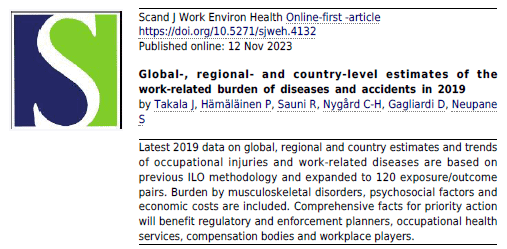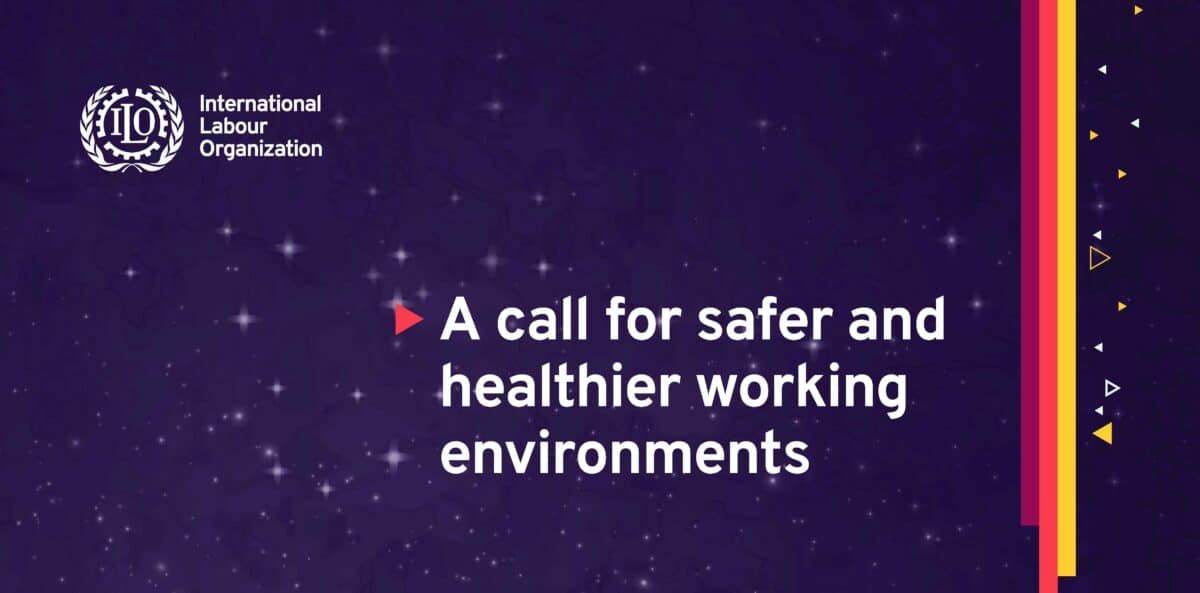Long working hours have been identified as a major contributor to poor workplace mental health. International benchmarks have been identified as tipping points for mental health. A local Australian initiative to highlight the risks associated with overwork is Go Home on Time Day, which The Australia Institute supports.
Fewer companies than when the day started in 2009 seem to be supporting and promoting the day in their wellbeing calendars. Perhaps because the day identifies the shameful fact that employers will not stop workers from working long hours “if the workers choose to” even though the evidence is that the practice is harmful.
Its working hours calculator is a major part of the Go Home on Time Day initiative.







